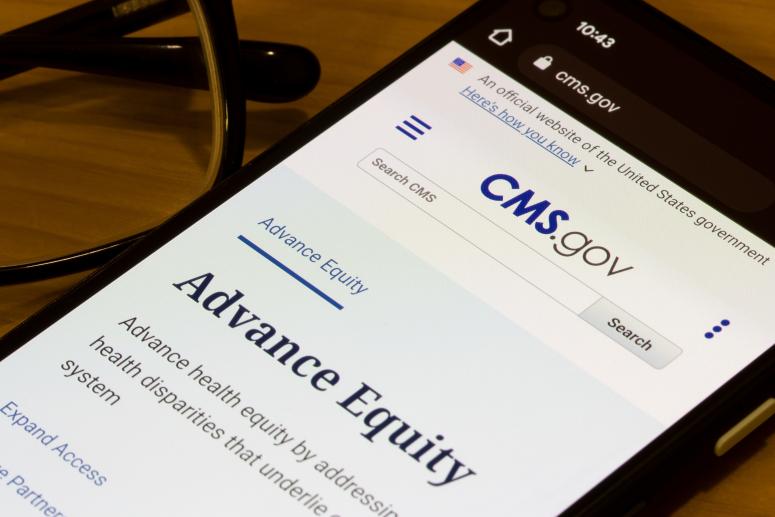
For many state Medicaid programs, identifying and addressing enrollees’ social needs is a growing priority. While Medicaid programs may pursue this in numerous ways, one approach utilizes the payment and contracting strategies that states employ with Medicaid managed care organizations, which provide services to a large and growing share of Medicaid enrollees nationwide.
Experimentation in the Medicaid program creates an opportunity for states to modify their Medicaid programs to test new operating approaches and to better meet enrollees’ health and social needs. A group of Robert Wood Johnson Foundation-supported researchers investigated how states have used Medicaid managed care payment and contracting strategies to experiment with innovative approaches to addressing social determinants of health.
In a new Health Affairs blog post, Peter Shin, M.P.H., Ph.D., and Caitlin Murphy, M.P.P., from George Washington University Milken Institute School of Public Health share insights into the evolving landscape of addressing social drivers of health within Medicaid managed care.
The findings highlight the cultural shift towards fostering greater managed care organization accountability and innovation to address social determinants of health, especially in the wake of the COVID-19 pandemic. The authors discuss key policy supports and provide valuable insights into states' ongoing efforts to build a healthier future in the Medicaid managed care environment.
Read the full blog post on Health Affairs here.